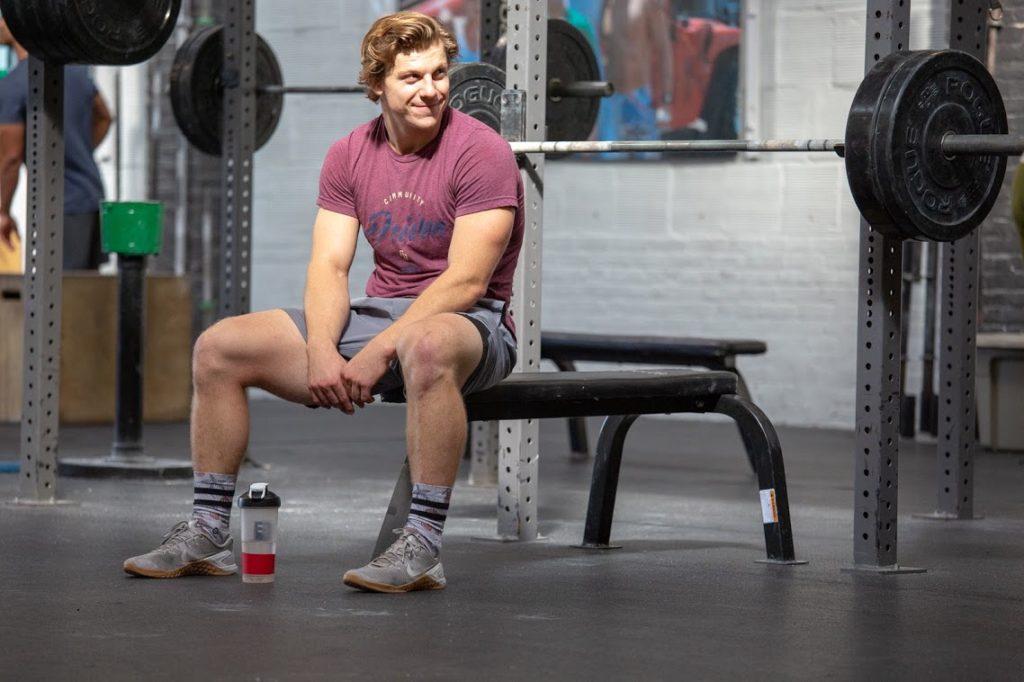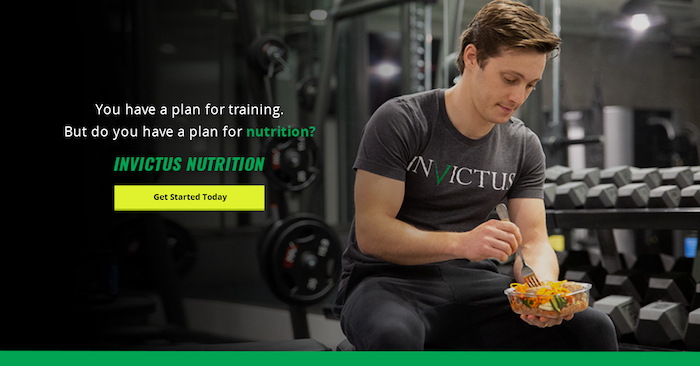
Process & Outcome-Oriented Goals
Written by Invictus Nutrition Coach Jenn Ryan
Most of us have worked toward some type of goal in our lives, whether that be earning a college degree, hitting a weightlifting PR, completing a half marathon (or marathon for you real go-getters), or finally getting the elusive muscle-up in CrossFit.
Once you achieved that goal (if you did) were you able to look back and reassess the process it took to get there? Or maybe you’re currently working towards one of those goals. Chances are, you’re concerning yourself with the process of getting there – going through the proper adaptations and showing up to do the work.
Let’s take getting a strict pull-up for example: instead of just jumping up to the pull-up bar each day and hanging there, there are appropriate movements and progressions we can go through in order to get there.
First and foremost, we need to focus on getting into the gym 3-5 days a week to get the work done. Working on accessory movements for the lats and biceps to improve pulling strength and learning to engage the correct muscle groups should be a focus. Adding in eccentric work and variations of the scaling options during workouts is a part of the plan also.
By focusing on the process and the path you take to get there, the strict pull-up will come and there will be many more added benefits than just achieving that pull-up.
Why would our approach to nutrition be any different?
There’s a process here as well, and it’s not always linear. At the start, we typically have the outcome in mind: lose weight, be leaner (more ‘toned’), perform better. Instead of focusing on losing x number of pounds or fitting into a specific size of clothing, how about brainstorming how to implement the habits we need to perform day in and day out in order to be successful?
Understanding that there are still progressions we have to learn and implement into our daily lives is imperative for long term success. The process is the direction you will take to get to your destination, however there may not be an exact ETA, because there will be LIFE situations that come up.
What ‘movements’ will get us to where we want to be?
How about taking the time to learn portion sizes, creating meals based around veggies and protein, preparing foods in advance in order to hit daily macronutrient intake. Lay out a weekly plan for things as simple as grocery shopping.I find myself feeling more successful using process-oriented goals because they can be basic and simple, something achievable.For example, losing 10 pounds of fat or gaining 3 pounds of muscle mass seems like a lofty goal and I’m not sure what the timeline for it would look like. But maybe I set goals such as:
- hitting my daily macronutrient intake
- eating 3 meals and 2 snacks a day, including veggies for 3 meals
- drinking ½ bodyweight in ounces of water
- getting 8 hours of sleep per night
These are things I can control and know can be done every day. This process, when done consistently, can lead me to achieving my long term goal of weight loss and/or muscle gain.
Keep this in mind as you’re working towards your body composition changes and performance goals. Not always the ‘quick fix’ approach, however you’ll have developed habits and knowledge that could last you so much longer.
Trying to figure out some process-oriented goals for your nutrition plan? Join our Invictus Nutrition Program online for help from your very own coach and also an amazing community of other athletes going through the same process.
